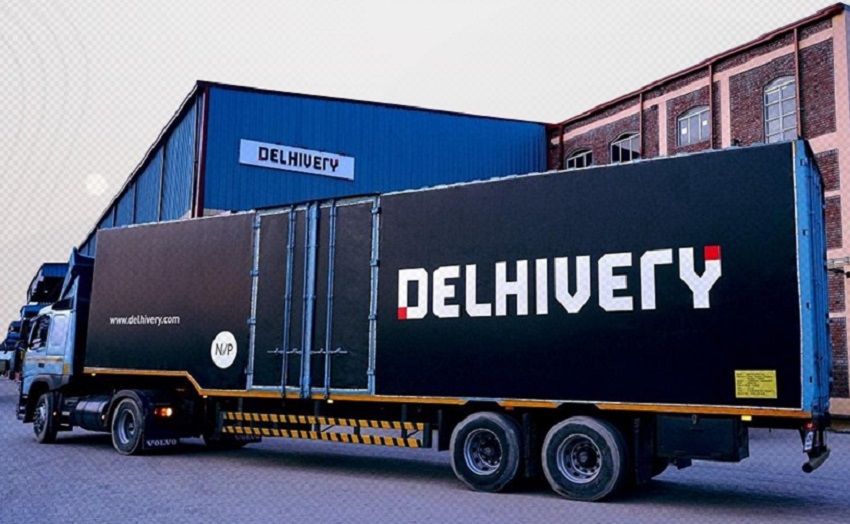
SoftBank-backed logistics company Delhivery on Friday accused Warburg Pincus-backed rival Ecom Express of providing misleading data in its draft initial public offering (IPO) prospectus.
In a filing to stock exchanges, Delhivery, which is also backed by Nexus Venture Partners, Canada Pension Plan Investment Board (CPPIB), Alpha Wave Ventures, and Steadview Capital, claimed that Ecom Express inaccurately represented Delhivery’s business metrics in the comparisons used in the IPO filing.
Ecom Express, which also counts Partners Group and British International Investment as investors, filed the draft prospectus last month for its Rs 2,600-crore IPO. The IPO includes the issue of fresh shares worth up to Rs 1,285 crore. It also includes an offer for sale worth Rs 931 crore by Partners Group and Rs 211 crore by Warburg.
Delhivery’s primary dispute revolves around shipment volumes. It noted that Ecom Express reported handling 514 million packages in the fiscal year ended March 2024. In comparison, Delhivery handled 740 million packages.
Mumbai-listed Delhivery argues that the figures are not comparable, stating that its rival’s method of counting shipments is flawed. The company pointed out that it counts a shipment that includes a returned order as a single transaction while Ecom considers it as two shipments, implying that its rival may have inflated its volume figures.
Delhivery also alleged discrepancies in Ecom’s calculation of cost per shipment (CPS), suggesting that the method used by its competitor could distort the actual cost and shipment figures. Delhivery claims that these disparities in accounting methods have resulted in incorrect and potentially misleading comparisons between the two companies.
Delhivery raised concerns about discrepancies in Ecom’s calculation of its service EBITDA, which is used in the numerator for determining CPS). Delhivery claimed that the "service EBITDA profit used in the numerator of the CPS calculation is not like-to-like.” It alleged that Ecom’s method of defining corporate costs is inconsistent, further distorting the cost comparisons between the two companies.
Delhivery also noted a factual inaccuracy in Ecom’s prospectus, stating that Ecom's claim of covering 27,000 pin codes was incorrect. It pointed out that, according to government data, there are only about 19,300 unique pin codes in India.